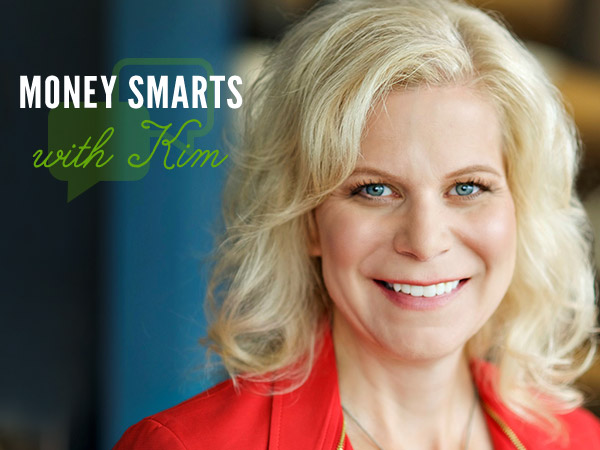Ask Kim: New Baby & Finances
Financial Education
How Certificates Can Help Your Money Grow Faster
Building Wealth
-
Larger principals (the initial certificate deposit amount) should typically have higher interest rates, but not always—just keep that in mind. -
Similarly, longer certificate life terms will typically garner higher interest rates—bigger the deal, bigger the return. -
Smaller institutions typically offer higher interest rates than larger ones, but stay cognizant that they may not have as many resources or services available.
wide range of deposit minimums

Guide To Financial Confidence

Three Smart Things To Do With Your Tax Refund

5 Ways To Save Money During The Holidays

How to Manage Pet Care Costs & Expenses

Checklist To Help You Save Money & Financially Plan For A Baby

1 Week Challenge: How To Save More Money & Own Your Life

3 Simple Ways To Save Energy (and Money) At Home

Different Types Of Savings Accounts & Choosing The Best One





Featured Products
Financial Education
About
Help & Support





Stay on SummitCreditUnion.com
Go
Consumer Financial Protection Bureau's website.




